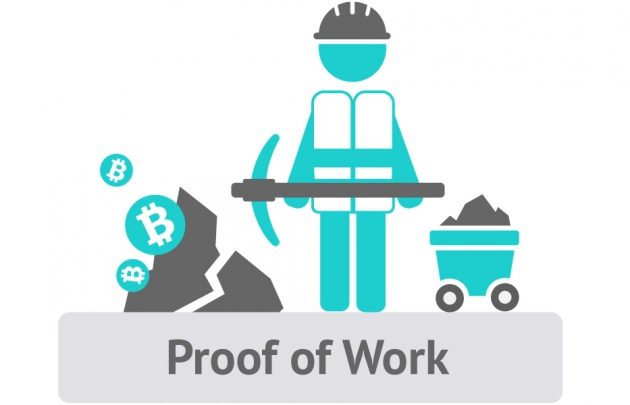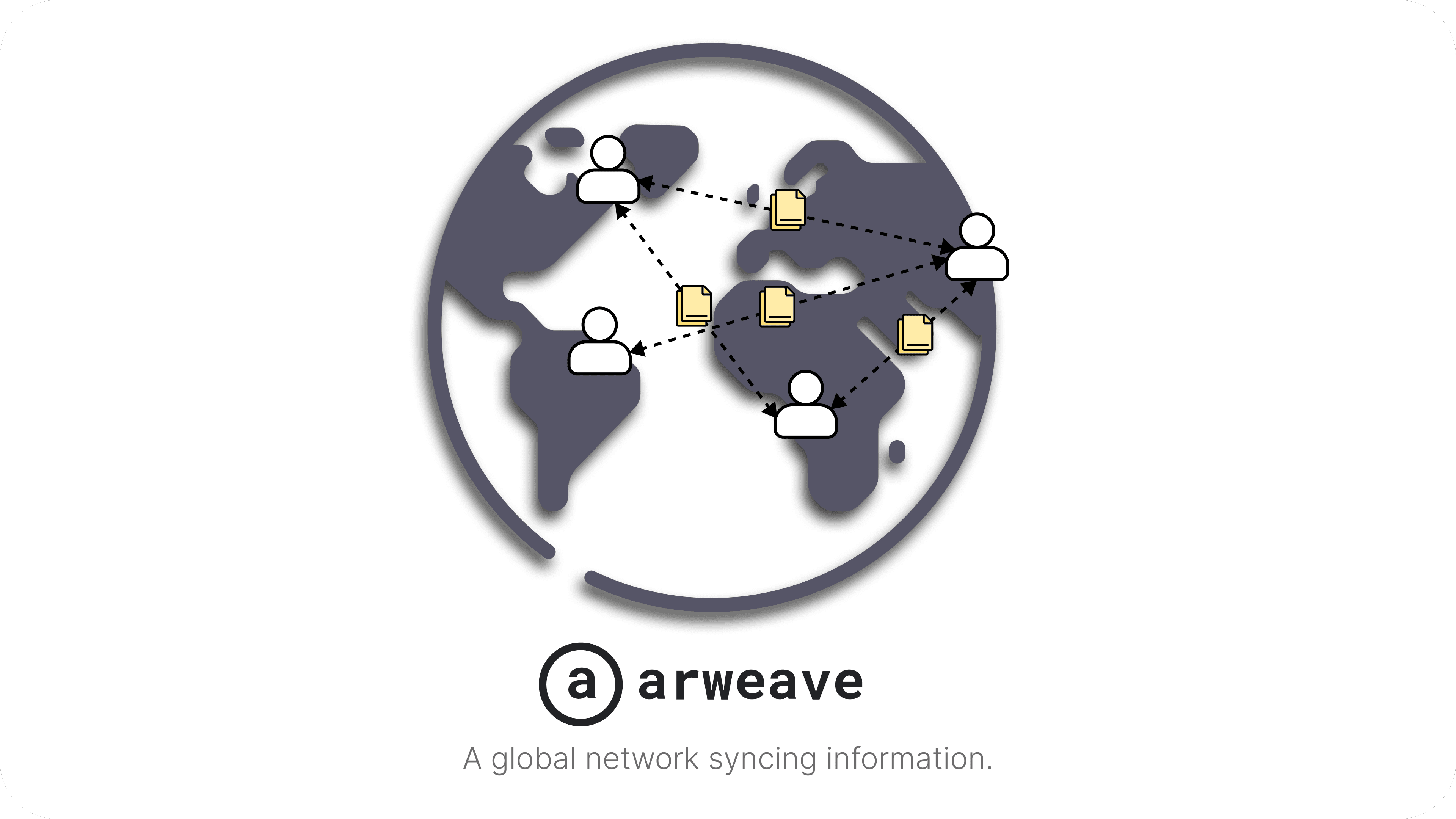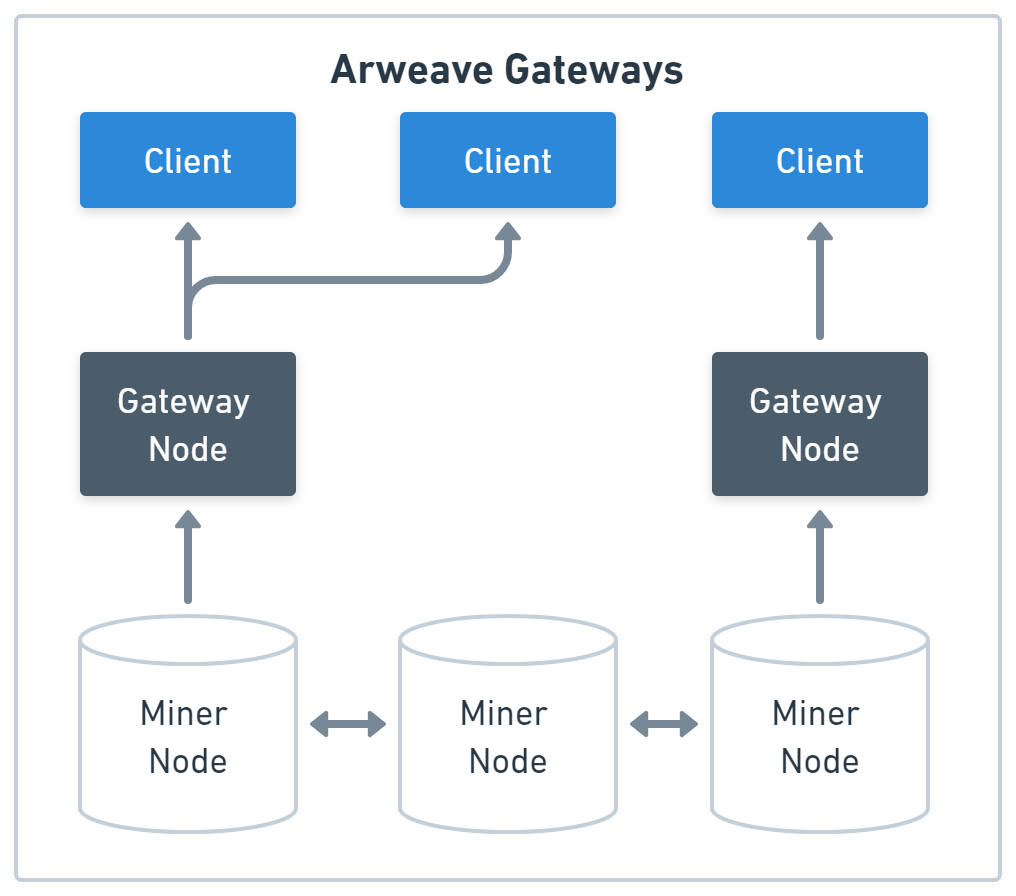SimplifiedPrivacy.com on Nostr: Why should I care about Arweave websites? Arweave offers unprecedented freedom for ...
Why should I care about Arweave websites?
Arweave offers unprecedented freedom for both the website visitor and the content creator.
For the website visitor, it’s unprecedented privacy. Never before in the history of the internet has the website VISITOR been able to pick the location, ISP, and jurisdiction where they want to RECEIVE the content FROM. In other words, you pick what gateway (and therefore under what terms) you will look at their stuff.
Normally, you’re forced to submit to whatever server the content creator wants. Which usually means forced Cloudflare and AWS.
Even better, once it moves out of testnet, you’ll be able to self-host your own gateway. In other words, you can SELF-HOST THEIR website, and then only you see your VPN/Tor exit.
Creator
For the content creator, it’s unparalleled power with: censorship resistance, a CDN, a DNS identity, with no clear-path to a take-down. You can do whatever you want, and governments can’t control you. Even better than that, because it’s permanent, it can serve up unmodified code in a Github type situation, or it can be a legally binding contract for full-blown crypto-anarchy.
How’s it work?
It’s file storage directly on the layer-1 blockchain, so it works like Bitcoin Ordinals but it scales. It can store anything, including websites or videos. And it has gateways around the world, acting as a CDN.
Who cares about this CDN?
The problem with the regular internet is Cloudflare acts as the middle-man for all websites and sees all passwords. However, to not use centralized CDNs exposes one to DDoS. By putting it on the blockchain and having different gateways serve it up, it frees the visitor and the creator from Big Tech, censorship, and having Cloudflare own all passwords.
How’s the blockchain work?
So there’s two aspects to this, first is how is it stored on the blockchain (Proof of Work). And second is how is it distributed to the website viewer (Proof of Stake).
Proof of Work Storage

The storage runs on modified Proof of Work using RandomX (Which Monero also uses). Just like Monero, Arweave uses RandomX to force mining to be done on regular computer hardware, and keep out abuse that can rig the way data is put into blocks. But unlike Monero which is just cash, Arweave is a decentralized business that generates revenue.
BitTorrent Pool
Customers pay for 100 years of storage which goes into a pool (they use the word “endowment”, but it’s not controlled like that). This pool pays out nodes to store the data. They share data with each other using BitTorrent, in a way that incentivizes them to share it with as many other nodes as possible. Then they are randomly asked to produce data, to prove that they have it.
Proof of Stake CDN

The CDN gateways are run by a different project, ar.io (IO tokens) which are Proof of Stake. The gateways stake IO, which gets slashed if they serve malicious fake content. Like say you put up your Monero wallet or PGP Key, and they serve up their own wallet or key. The other gateways can decide what defines malicious content in a vote, and so having the coin be Proof of Stake keeps out malicious attacks. One CAN run a gateway WITHOUT staking, but then the gateway doesn’t get rewarded.
PoS debate
Proof of Stake is controversial, because you’re raising the requirements to scale new locations. However, if there was 0 barrier to entry, then the government could run unlimited malicious gateways with no defense mechanism. The main part of this system I disagree with is the subjective and unclear deciding of what defines malicious gateways. In my personal opinion, it should be mathematical comparison of the files, done in a purely systematic method, without voting.
End Flow Chart

Arweave offers unprecedented freedom for both the website visitor and the content creator.
For the website visitor, it’s unprecedented privacy. Never before in the history of the internet has the website VISITOR been able to pick the location, ISP, and jurisdiction where they want to RECEIVE the content FROM. In other words, you pick what gateway (and therefore under what terms) you will look at their stuff.
Normally, you’re forced to submit to whatever server the content creator wants. Which usually means forced Cloudflare and AWS.
Even better, once it moves out of testnet, you’ll be able to self-host your own gateway. In other words, you can SELF-HOST THEIR website, and then only you see your VPN/Tor exit.
Creator
For the content creator, it’s unparalleled power with: censorship resistance, a CDN, a DNS identity, with no clear-path to a take-down. You can do whatever you want, and governments can’t control you. Even better than that, because it’s permanent, it can serve up unmodified code in a Github type situation, or it can be a legally binding contract for full-blown crypto-anarchy.
How’s it work?
It’s file storage directly on the layer-1 blockchain, so it works like Bitcoin Ordinals but it scales. It can store anything, including websites or videos. And it has gateways around the world, acting as a CDN.
Who cares about this CDN?
The problem with the regular internet is Cloudflare acts as the middle-man for all websites and sees all passwords. However, to not use centralized CDNs exposes one to DDoS. By putting it on the blockchain and having different gateways serve it up, it frees the visitor and the creator from Big Tech, censorship, and having Cloudflare own all passwords.
How’s the blockchain work?
So there’s two aspects to this, first is how is it stored on the blockchain (Proof of Work). And second is how is it distributed to the website viewer (Proof of Stake).
Proof of Work Storage

The storage runs on modified Proof of Work using RandomX (Which Monero also uses). Just like Monero, Arweave uses RandomX to force mining to be done on regular computer hardware, and keep out abuse that can rig the way data is put into blocks. But unlike Monero which is just cash, Arweave is a decentralized business that generates revenue.
BitTorrent Pool
Customers pay for 100 years of storage which goes into a pool (they use the word “endowment”, but it’s not controlled like that). This pool pays out nodes to store the data. They share data with each other using BitTorrent, in a way that incentivizes them to share it with as many other nodes as possible. Then they are randomly asked to produce data, to prove that they have it.
Proof of Stake CDN

The CDN gateways are run by a different project, ar.io (IO tokens) which are Proof of Stake. The gateways stake IO, which gets slashed if they serve malicious fake content. Like say you put up your Monero wallet or PGP Key, and they serve up their own wallet or key. The other gateways can decide what defines malicious content in a vote, and so having the coin be Proof of Stake keeps out malicious attacks. One CAN run a gateway WITHOUT staking, but then the gateway doesn’t get rewarded.
PoS debate
Proof of Stake is controversial, because you’re raising the requirements to scale new locations. However, if there was 0 barrier to entry, then the government could run unlimited malicious gateways with no defense mechanism. The main part of this system I disagree with is the subjective and unclear deciding of what defines malicious gateways. In my personal opinion, it should be mathematical comparison of the files, done in a purely systematic method, without voting.
End Flow Chart

